EWDTS 2019
IEEE EAST-WEST DESIGN & TEST SYMPOSIUM (EWDTS’19),
September 13 – 16, 2019 Batumi, Georgia
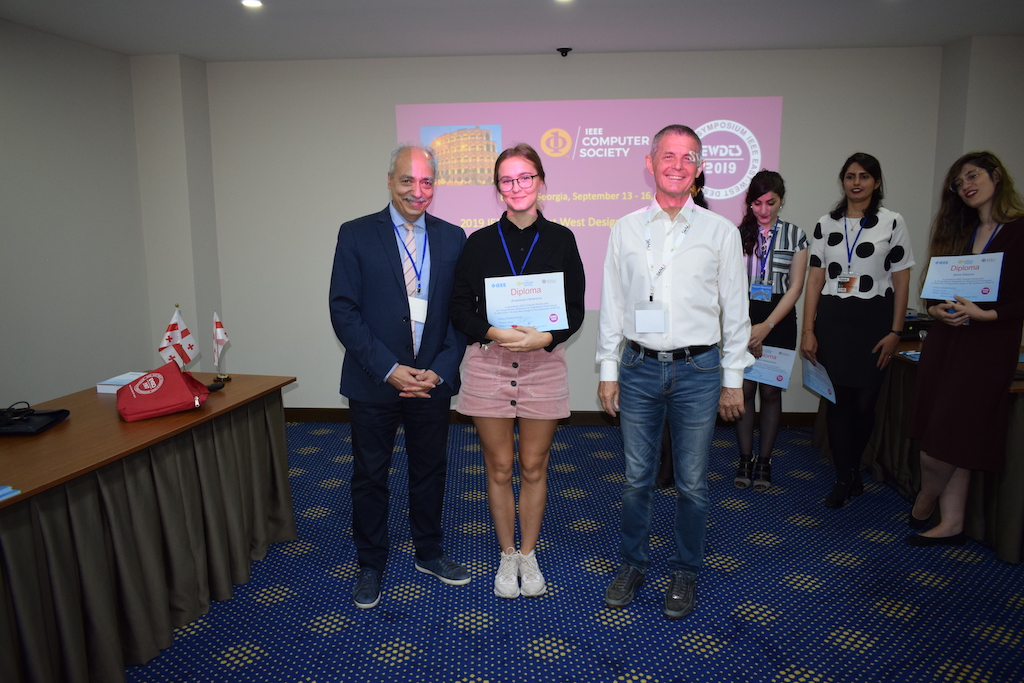
The winners of IEEE Computer Society Competition of young women researcher grants in Computer Engineering for attending IEEE EWDTS 2019.










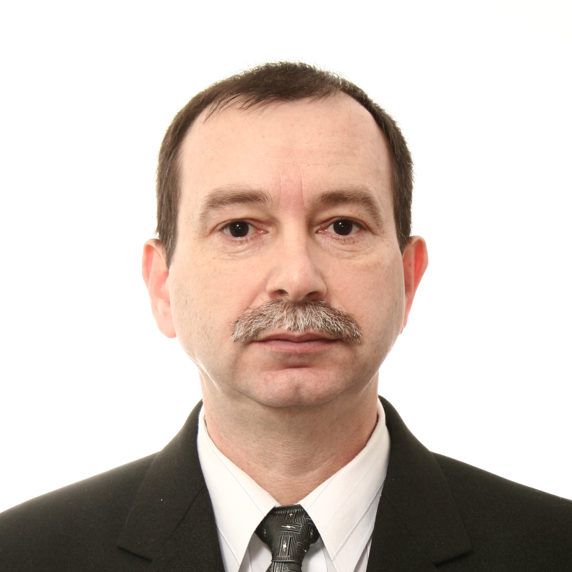
Victor Djigan
Adaptive Signal Processing: Science and Technology
Adaptive Signal Processing (ASP) is an advanced field in Modern Digital Signal Processing. Usually talking on ASP, we mean Adaptive Filters (AF), whose weights are changed during the operations. The presentation considers the roots of ASP, key players in this area, such application of the AF as adaptive echo cancellation, channel equalization, antenna arrays, noise cancellation, active noise control and signal predistortion. Main sorts of adaptive filtering algorithms are listed. Peculiarities of non-stationary signals processing are discussed. The presentation is devoted to the 10-th years Anniversary of the Signal and Information Processing in Radio and Communication Engineering Section, created at EWDTS-2009. A brief the Section History is presented.
About the author: Victor Djigan was born in 1958 in the village of Sudilkov, Shepetovka District, Khmelnitsky Province, Ukraine. He received B.Sc. degree with honours from Vinnitsa Technical College of Electronic Devices (Ukraine) in 1978; M.Sc. degree with honours from National Research University of Electronic Technogy (Russia) in 1984; Ph.D. from National Research University of Electronic Technogy (Russia) in 1990 and D.Sc. degree from the Satellite Communication R&D Center (Russia) in 2006, all in radio engineering. From 1984 onwards he has been holding different R&D positions in a number of Russian and International Companies. These include such companies as Samsung Electronics, LG, PMC-Sierra and Huawei inside and outside Russia, where he worked in the field of digital signal processing.
At present, he is a Principal Researcher of Institute for Design Problems in Microelectronics of Russian Academy of Sciences and a Professor of National Research University of Electronic Technogy. He is a member of the Russian A.S. Popov Society for Radioengineering, Electronics & Communications and a Senior IEEE member. He is also a member of the Editorial Board of the two Russian journals and a Section Chair and a member of the Program Committee of a number of Russian and International Conferences, including EWDTS since 2009. His scientific interests are adaptive signal processing, speech processing and digital communication. Dr. Djigan is the author of about 240 papers publications, including 6 books and 6 patent, in the above-mentioned fields.
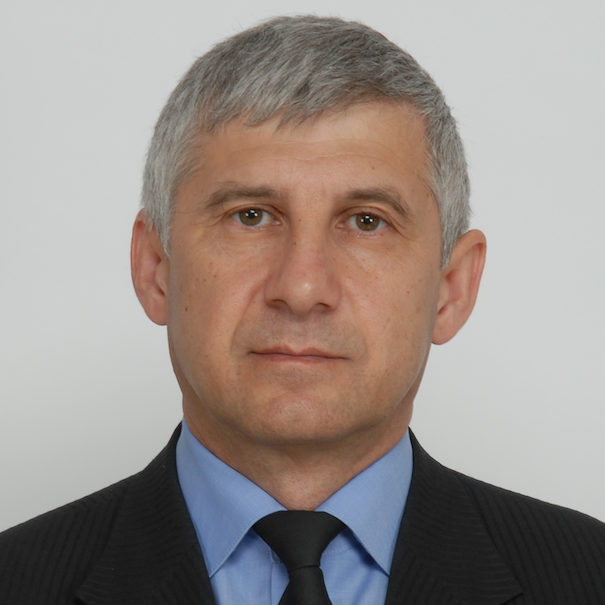
Oleksandr Drozd
Use of Natural Information Redundancy in On-Line Testing of Computer Systems and their Components
Oleksandr Drozd is from Odessa National Polytechnic University, Ukraine
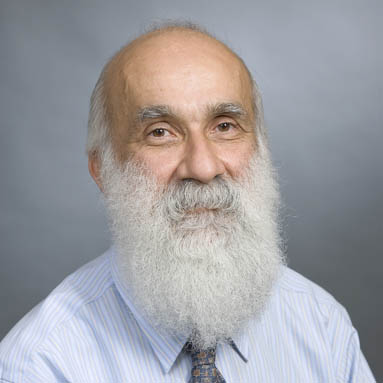
Zainalabedin Navabi
Back-annotation of Physical Properties for a More Detailed System-Level Modeling: Considering Crosstalk in Interconnects
Zainalabedin Navabi is from Worcester Polytechnic Institute, USA
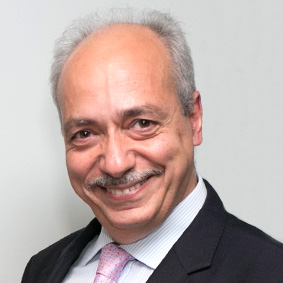
Dr. Yervant Zorian
Dr. Yervant Zorian is a Chief Architect and Fellow at Synopsys, as well as President of Synopsys Armenia. Formerly, he was Vice President and Chief Scientist of Virage Logic, Chief Technologist at LogicVision, and a Distinguished Member of Technical Staff AT&T Bell Laboratories. He is currently the President of IEEE Test Technology Technical Council (TTTC), the founder and chair of the IEEE 1500 Standardization Working Group, the Editor-in-Chief Emeritus of the IEEE Design and Test of Computers and an Adjunct Professor at University of British Columbia. He served on the Board of Governors of Computer Society and CEDA, was the Vice President of IEEE Computer Society, and the General Chair of the 50th Design Automation Conference (DAC) and several other symposia and workshops.
Dr. Zorian holds 35 US patents, has authored four books, published over 350 refereed papers and received numerous best paper awards. A Fellow of the IEEE since 1999, Dr. Zorian was the 2005 recipient of the prestigious Industrial Pioneer Award for his contribution to BIST, and the 2006 recipient of the IEEE Hans Karlsson Award for diplomacy. He received the IEEE Distinguished Services Award for leading the TTTC, the IEEE Meritorious Award for outstanding contributions to EDA, and in 2014, the Republic of Armenia's National Medal of Science.
He received an MS degree in Computer Engineering from University of Southern California, a PhD in Electrical Engineering from McGill University, and an MBA from Wharton School of Business, University of Pennsylvania.